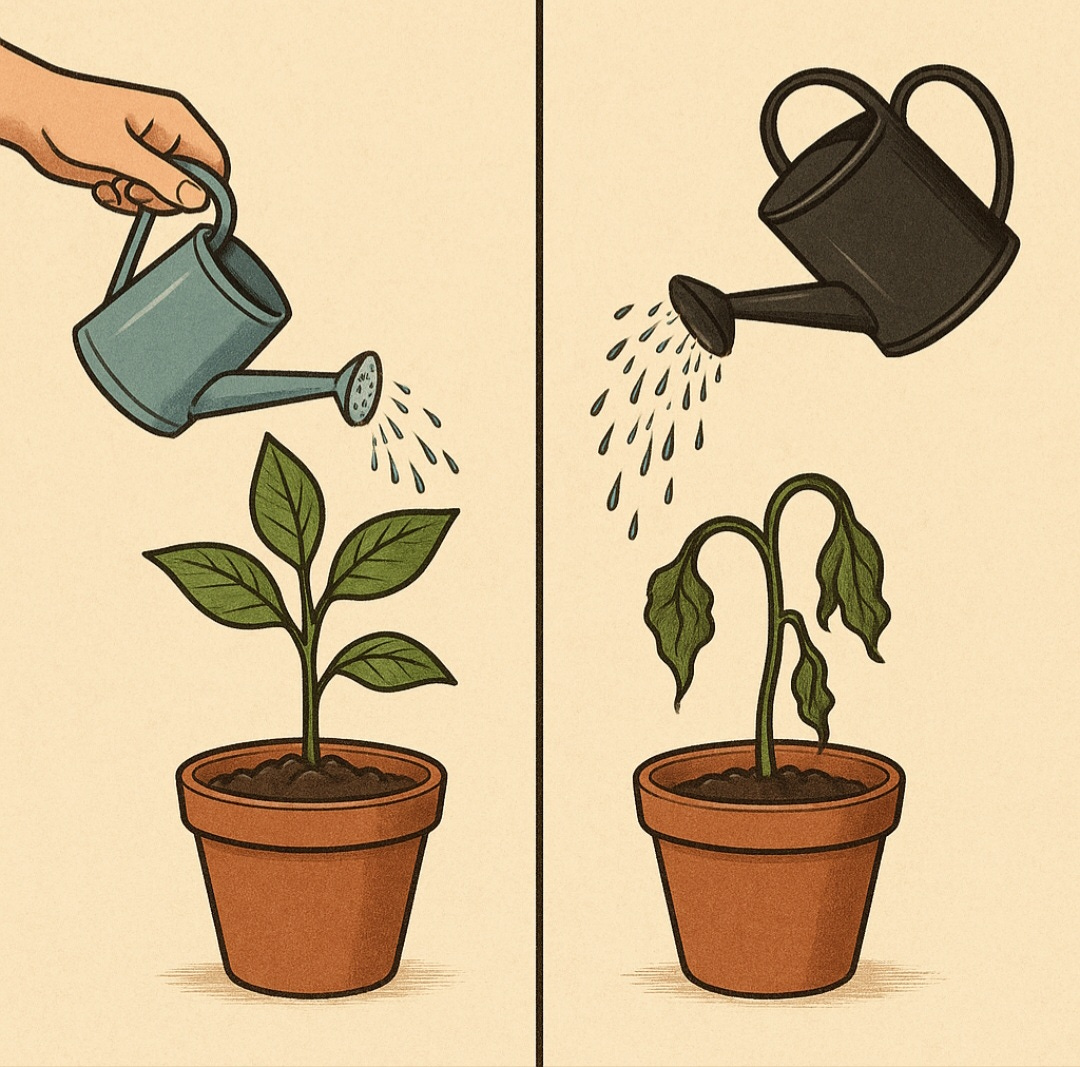As I sit down to write the fourth edition of this newsletter, I find myself pausing, grateful and a little amazed at how these past few editions have unfolded.
What started as a quiet experiment to share thoughts and insights has slowly become a space of reflection, connection, and curiosity. Each edition has helped me think a little more deeply. And with that spirit, I’m excited to bring you this new edition.
Today I am turning to something we have all encountered but rarely pause to unpack: feedback. More specifically, how to tell when it’s helping us grow and when it’s quietly wearing us down.
Let’s explore the fine line between constructive feedback and toxic criticism, especially in spaces like academia where the two often get blurred.
In academic fraternity, it is expected to deliver feedback in a manner that is respectful and meaningful.
Anything different conveys more about the person who is giving feedback than yourself.
You will be facing critique on your work for as long as you will be in research. That critique may come from mentors, peers, colleagues, reviewers, the people you look up to or maybe also from people you hate.
The feedback & criticism can be overwhelming at times.
It’s important that we learn to differentiate meaningful critique from toxic criticism. They both sound like this!
Constructive Criticism: This helps you grow
✅ Specific
'You have conceptualized and contextualized your introduction well but it would be stronger if you clearly stated your research question in the first paragraph to help readers quickly understand the focus of your study'
✅Actionable and encouraging
'Your literature review is comprehensive but to strengthen it, consider including recent papers from the last 3 years to show how your work builds on current literature'
✅Balanced
'You’ve done a great job identifying the gap in the literature. However, your methodology section needs more detail—perhaps explain why you chose this approach over others'
✅Respectful
'I appreciate the effort you’ve put into this draft. But, Some areas need refining like explaining why you chose a particular methodology. I suggest you revisit the section'
✅Solution Oriented
'How about giving a strong closing to your conclusion by linking it to your objectives.'
Toxic Feedback: It breaks you down
❌ Vague and least helpful
'This doesn’t make sense. re-work on it.' (Leaves student confused)
❌Overly negative and harsh
'This draft is a mess, I don’t know how you could even submit this.'
(no guidance but only discouragement)
❌Negative and Demotivating
'You have no idea what you have done. The research isn’t meant for you.' (It’s a personal attack)
❌Confusing
'Add more to literature review.' (add what? More studies, more details, gives no clarity on next steps)
How to respond to each
✅ Constructive Feedback: Be grateful to the person, seek more clarity if you need to and implement suggestions
✅ Toxic Feedback:
Filter it for any meaningful insights, leave aside negativity
Seek second opinion from co-supervisors, faculty or peers.
Focus on improving your work and not proving yourself.
Prioritize progress over pleasing.
‘Embrace what helps you grow, discards what holds you back’
As always, I write this not from a place of having all the answers, but from the same messy middle many of us occupy learning, unlearning, and trying to do better each day.
If this edition resonated with you, I’d be grateful if you share it with someone who might find it helpful too.
And if you haven’t subscribed already, do consider subscribing to stay in the loop for future reflections.
Thank you for being here. It truly means a lot:)
More soon,
Warmly,
Mridul



thank you so much:) this was helpful! was having conversation the other day about this with my peers:)!